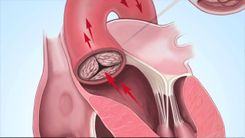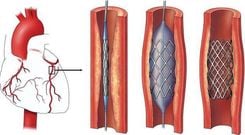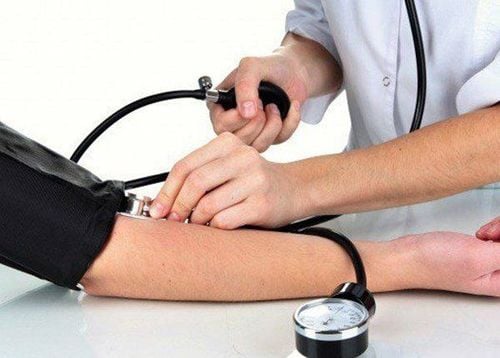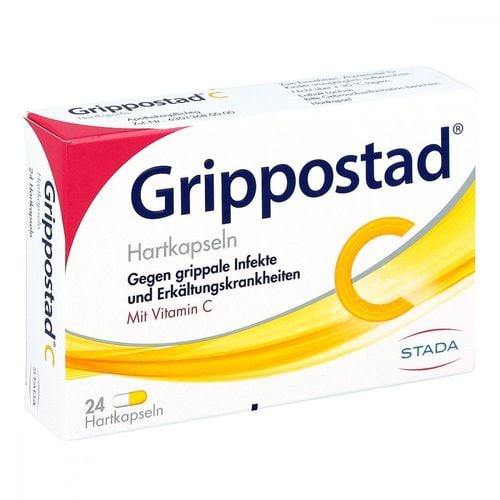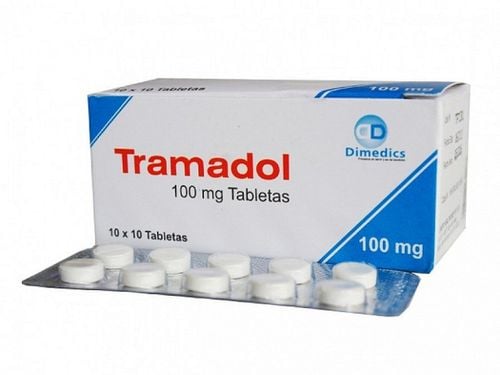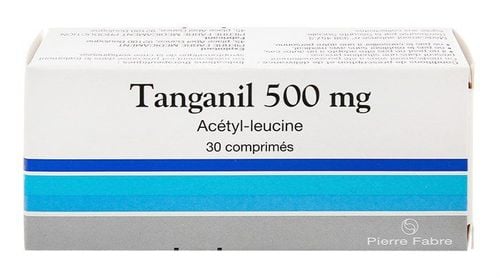Simple nosebleeds (epistaxis) are sometimes mistaken for severe problems including high blood pressure and damaged blood vessels in the nose. Blood pressure can lead to stroke and other serious consequences if it is not immediately controlled.
1. What is a nosebleed?
A nosebleed is bleeding from tissues inside the nose (nasal mucus membranes) caused by a broken blood vessel. The medical word for nosebleeds is epistaxis. Narrowing of the arteries (arteriosclerosis) and high blood pressure affect the blood vessels internally, making them too small to handle the amount of blood inside. In addition, arteriosclerosis makes the vessels non-elastic and, therefore, more fragile. There are many causes of a ruptured blood vessel in the nose, from trauma to the nose to pathological complications. High blood pressure and arteriosclerosis in the nose are also serious causes of nosebleeds. Hypertension is recognized when the patient's blood pressure exceeds 140/90 mmHg, causing increased pressure on the blood vessel wall, leading to nosebleeds.
2. Why do blood vessels in the nose rupture with high blood pressure?
Patients with high blood pressure will have higher than normal blood vessel wall pressure, causing damage to the blood vessels, even rupture of the walls of small blood vessels in the nose, causing heavy bleeding and difficulty stopping. The condition causes people with high blood pressure to have nosebleeds frequently. Patients with nosebleeds need to pay attention to the cause of high blood pressure when accompanied by the following symptoms:
- Frequent fatigue, discomfort, difficulty concentrating on work
- Shortness of breath, chest tightness
- Headache, dizziness, and lightheadedness when standing up
- Decreased strength
- Frequent pain in the neck and ears on both sides of the temples

3. What should be done if high blood pressure causes epistaxis?
The following actions should be taken to treat the patient as quickly as possible when symptoms of nosebleeds resulting from high blood pressure are present:
- Allow the patient to actively relax, sit up straight, tip their head forward a little, and refrain from leaning their neck back, which could cause blood to overflow into the trachea and cause choking on blood.
- Press gently on the nostrils with your palm, breathe slowly through your mouth until the bleeding stops, and then wipe the bleeding away with a cotton swab.
- Transfer to a medical center for prompt treatment and supplement with water.
4. How to prevent high blood pressure from causing nosebleeds?
High blood pressure-related nosebleeds can be avoided by taking the following precautions:
- Creating a healthier diet, particularly for people who have high blood pressure, is the first setting. Increase your consumption of celery, raisins, green vegetables, fruits, oats, and other foods beneficial for those with high blood pressure.
- After work or an intense physical activity, give yourself adequate time to unwind and recharge.
- Make time for regular exercise and get adequate sleep.
- Regular checkups are also necessary to control blood pressure effectively.
The best prevention is for people with a history of high blood pressure to visit a medical facility for a checkup so that their current medical condition can be appropriately monitored.
To arrange an appointment, please call HOTLINE or make your reservation directly HERE. You may also download the MyVinmec app to schedule appointments faster and manage your reservations more conveniently.
